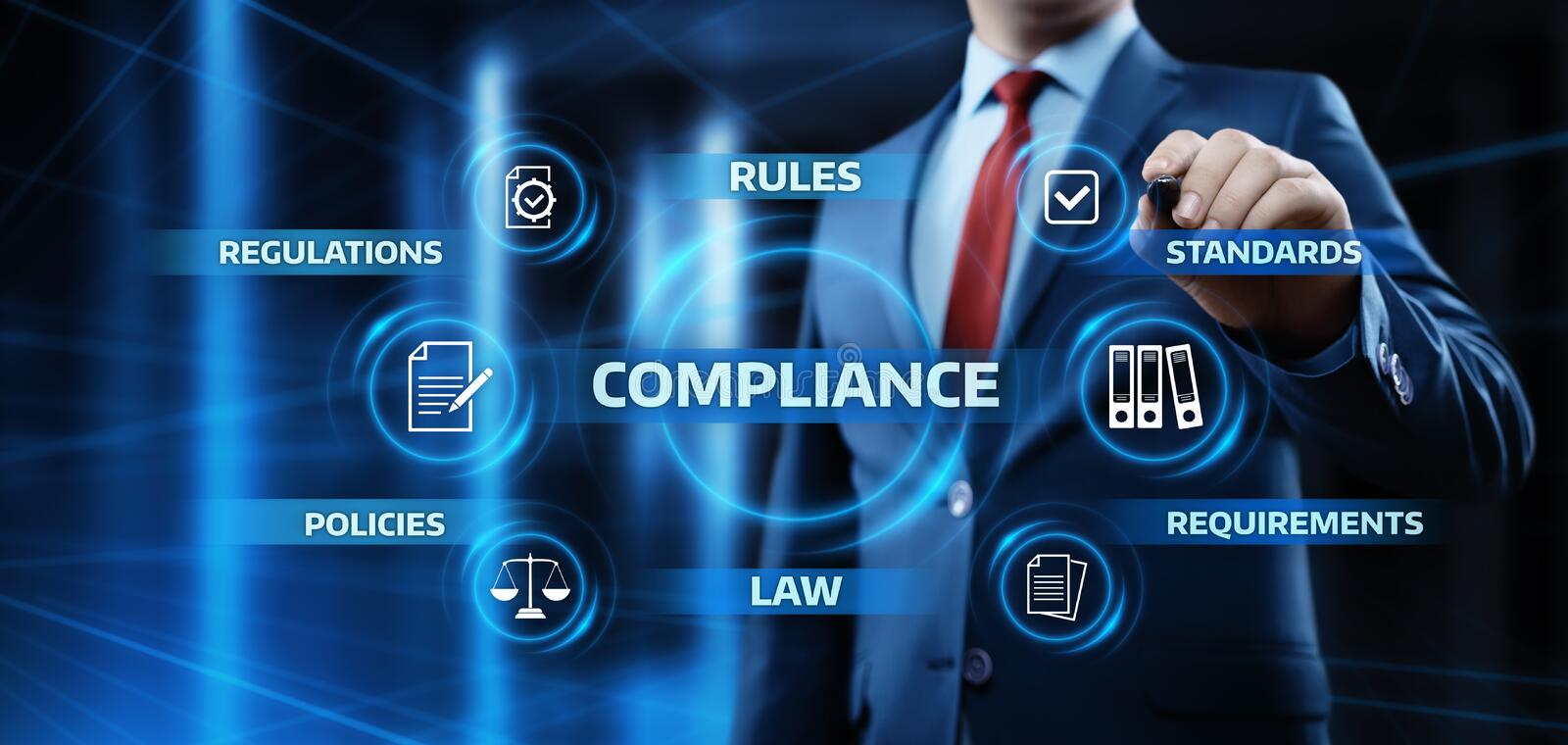 NEW: BrowserGrow.com is now available!
AI agents to grow your business & do your marketing on autopilot in your browser
NEW: BrowserGrow.com is now available!
AI agents to grow your business & do your marketing on autopilot in your browser

 NEW: BrowserGrow.com is now available!
AI agents to grow your business & do your marketing on autopilot in your browser
NEW: BrowserGrow.com is now available!
AI agents to grow your business & do your marketing on autopilot in your browser


Managing a company is not only about recruiting employees and compensating them on a regular basis. Payroll is a highly structured business process, and it is also one of the most regulated processes of any business. Errors may be punished, resulting in dissatisfied workers or even a lawsuit. This is why you must consider compliance top of your list before deploying any payroll system.
A compliance checklist will help startup founders, small business owners, and even established companies to ensure that they can operate payroll smoothly, accurately, and legally. Before you proceed, let us take a look at the key steps you should take.
You need to have your business registered with the appropriate federal or state, or local authorities before proceeding any further. This involves registering an Employer Identification Number (EIN) with the IRS in the United States or its counterpart in your country. And you cannot legally hire employees or do payroll without proper registration.
One of the most frequent payroll compliance errors is the misclassification of employees. Employees can be full-time workers, part-time workers, or independent workers, and each category is associated with various tax and other legal obligations.
Employees, for example, are entitled to benefits and deducting tax deductions, but contractors pay taxes themselves. It is necessary to prevent penalties and lawsuits by properly classifying it.


All businesses are required to adhere to minimum wage requirements, overtime conditions, and recordkeeping policies. In the U.S., these areas are regulated by the Fair Labor Standards Act (FLSA), though states may have other requirements. Local labor laws can be very different from global businesses. When starting payroll, it will save you money to ensure that you are aware of the regulations first.
Payroll is not only about salaries, but also about withholding the correct mix of federal, state, and even local taxes. The employers pay income tax, Social Security, Medicare, and unemployment tax. You will also need to have a good reporting and remittance system for these withholdings to the respective authorities.
These benefits can include health insurance, retirement contributions, or paid leave, which directly impact how payroll deductions are calculated within your company. These involve precise monitoring and inferences in order to remain compliant.
Other types of deductions can be required by law, such as child support or garnishment of wages. Before you set up payroll, you should make sure that your system can accommodate voluntary and mandatory deductions.


Recordkeeping is a critical aspect of compliance that is not given much attention. Employers are expected to keep proper documentation of hours employed, wages paid, benefits, and tax returns.
Such records can be demanded in the audits or inspections, thus the organization and upkeep of such records are necessary in order to comply and be transparent.
Payroll is a sensitive document that contains sensitive data about employees, such as their Social Security numbers, bank account details, and addresses.
It is both morally right and a legislative obligation in most jurisdictions to ensure the privacy of such data in accordance with data privacy regulations such as GDPR. Ensure your payroll system is well secured with encryption and reduced access to confidential data.
Laws regarding payroll, taxation, and employment are ever-changing. Your payroll compliance can be affected by minimum wage raises and tax rate adjustments, as well as new benefits laws.
Business owners and founders must endeavor to follow new developments or engage consultants who can keep the business in check as laws evolve.


Payroll does not operate in a vacuum; it crosses into HR and accounting. Combining the payroll systems can guarantee the proper records of employees, benefit management, and financial statements.
Better still, it minimizes human error and allows compliance to be maintained with ease. As an example, alignment of payroll and HR can facilitate automatic updating of the records in case of employment of new workers or in case of changes in the position.
With an effective system in place, frequent audits are necessary to verify compliance. Before the misalignment in tax filings, employee classifications, and benefits deductions turns into legal problems, internal or external audits can help detect discrepancies before they become a legal problem. Audits can also give confidence to the founders and investors that payroll is handled prudently.
Payroll compliance is not about checking boxes but the creation of an environment of seamless operations, trust, and development. Whether it is from registering your business and classifying employees appropriately to protecting sensitive information and keeping close to new regulations, all the steps of the checklist help to reduce risk.
By ensuring compliance prior to establishing payroll, you save your business the unwarranted headache and design a framework that can comfortably scale. The current competitive business climate does not leave payroll compliance as an option, but as a necessity.